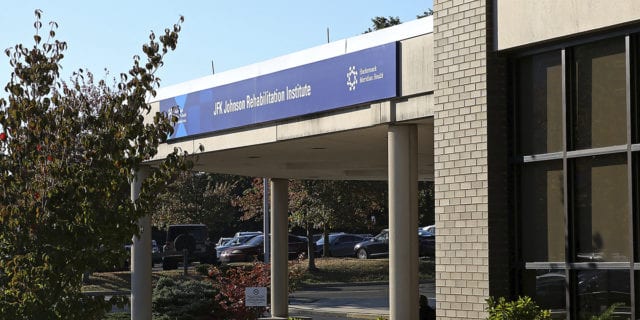Neuroscience Investigators at the Neuroscience Institute at JFK Medical Center Join International Community Fighting COVID-19
Research teams acted quickly to test early theories and therapies and continue to invest resources to study disease patterns, outcomes and potential treatments

A research team at the Neuroscience Institute at JFK Medical Center was involved in early studies of the effects of hydroxychloroquine and tocilizumab on patients critically ill with COVID-19. The research team concluded hydroxychloroquine, either alone or in combination with azithromycin, was not associated with a survival benefit among hospitalized COVID-19 patients. Tocilizumab demonstrated a trend association toward reduced mortality among ICU patients. Findings were limited to hospitalized patients and interpreted with caution. This retrospective observational cohort study was drawn from electronic health records.
Another team led by Haralabos Zacharatos, D.O., participated in the Mayo Clinic’s Expanded Access Program to convalescent plasma for the treatment of patients with severe or life-threatening COVID-19. There were 225 patients enrolled into this program. Preliminary observational studies indicate that convalescent plasma taken from people who have recovered from COVID-19 may improve outcomes among severely ill and hospitalized patients with COVID-19.
A Phase II study led by Jawad F. Kirmani, M.D., vice chairman of the JFK Neuroscience Institute, investigated antibody response to COVID-19 in high-risk health care workers. The study evaluated the early efficacy and safety of hydroxychloroquine (HCQ) administration in reduction of transmission and development of SARS-CoV-2 in healthy, high-risk acute care providers that were exposed, directly or indirectly, to COVID-19 patients.
Farah Fourcand, M.D., board-certified neurologist, published “Pandemic Manifesto: COVID-19 Basic Training from the Frontlines.” Dr. Fourcand combines her medical knowledge and evidence from over 200 cited sources in a 75-page text that takes a deep dive into COVID-19 and pandemics at large.

